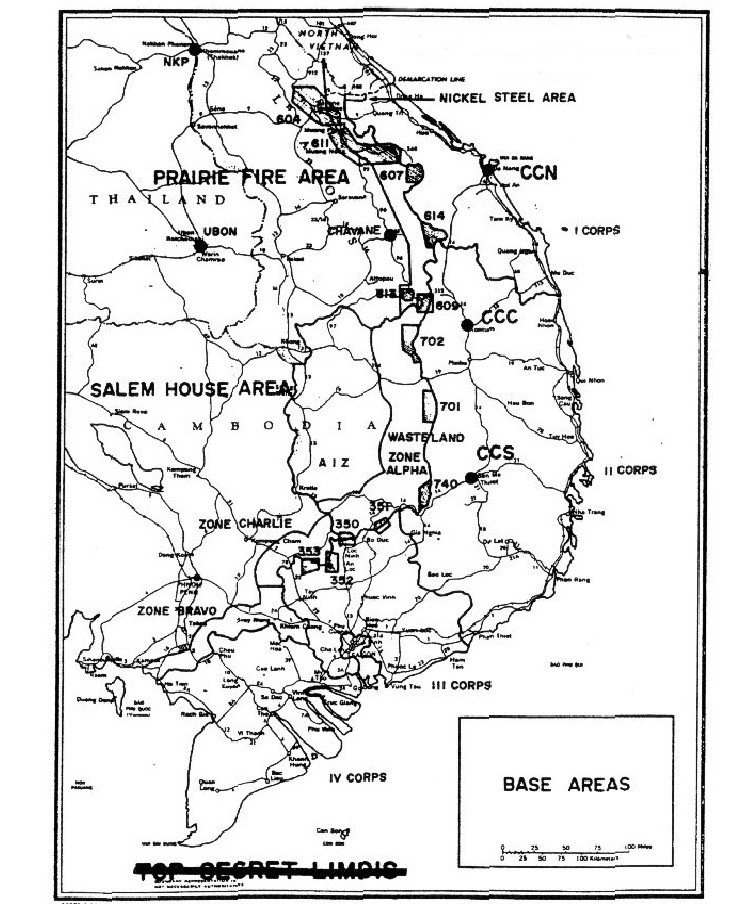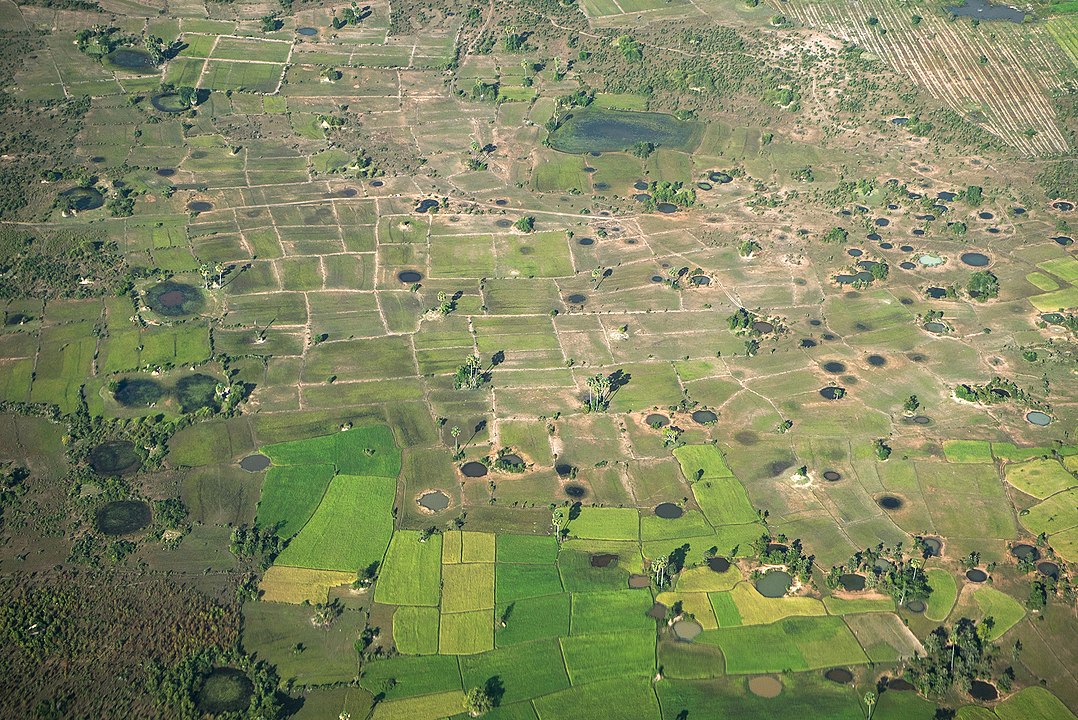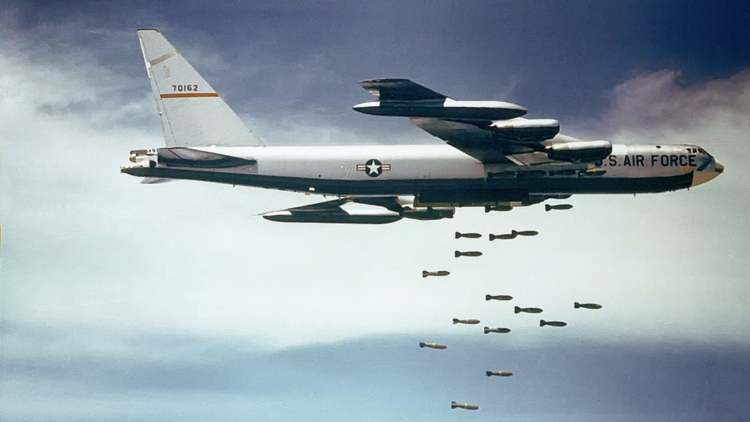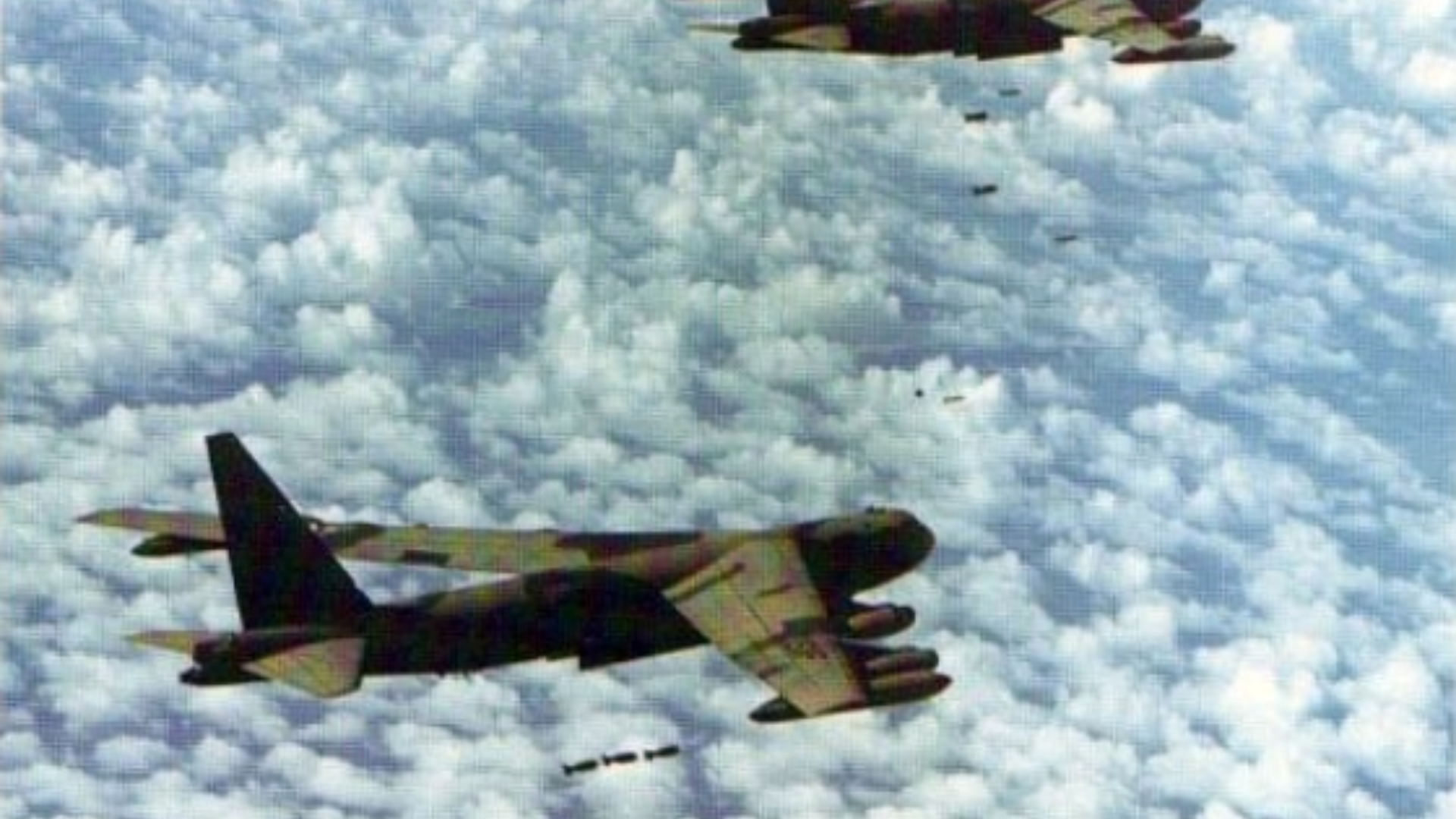The B-52s unleashed a relentless aerial assault, blanketing vast swaths of Cambodian countryside with bombs.
While the targeted areas might have housed NVA camps, the brunt of the devastation fell on innocent civilians.

Villages were reduced to smoldering ruins, agricultural land cratered and unusable, and families torn apart by the relentless rain of fire.
This indiscriminate bombing campaign, estimated to have dropped more or less 500,000 tons of explosives over 14 months, not only failed to cripple the NVA but arguably strengthened their resolve.
Destabilized by the attacks, Cambodia became fertile ground for the rise of the brutal Khmer Rouge regime.
The Veil Slips: Exposing the Secret War
The secrecy surrounding Menu began to unravel in May 1969.
The New York Times, in a bombshell report by investigative journalist Seymour Hersh, exposed the clandestine operation to the world.
Public outrage, however, was muted.
The Vietnam War dominated the American consciousness, and Cambodia remained a distant land, its fate seemingly inconsequential.
This muted response can be attributed to several factors, including the war fatigue that had been gripping the nation, which made another conflict seemingly unbearable.
Furthermore, the Nixon administration downplayed the operation’s significance, portraying it as a necessary evil in the fight against communism.
A Legacy of Devastation: The Long Shadow of Operation Menu
The long-term consequences of Operation Menu are undeniable.
It destabilized a neutral nation, fueled the rise of a genocidal regime, and contributed to the deaths of countless Cambodians.
Beyond the human cost, the operation also cast a dark stain on American foreign policy, exposing a willingness to wage secret wars with disregard for international norms.

The debate about the strategic effectiveness of Operation Menu continues.
Did it disrupt NVA operations in Vietnam? The answer, like so much of the war, is complex.
While the bombing campaign may have caused logistical difficulties for the North Vietnamese, the evidence suggests it did not significantly alter the course of the war in South Vietnam.
Ultimately, the human cost borne by Cambodia remains a stark reminder of the tragic consequences of secret wars fought in the shadows.
A Haunting Reminder: Transparency, Civilian Casualties, and the Ripple Effects of Conflict
Operation Menu may have faded from the public consciousness in the wake of the Vietnam War’s conclusion. However, its impact on Cambodia continues to resonate.
The scars left on the landscape, the lives lost, and the rise of the Khmer Rouge are chilling testaments to the devastating consequences of this clandestine bombing campaign.
As we look back on this dark chapter in history, it serves as a stark reminder of the importance of transparency in war, the devastating consequences of ignoring civilian casualties, and the ripple effects of conflict that can destabilize entire regions.











COMMENTS